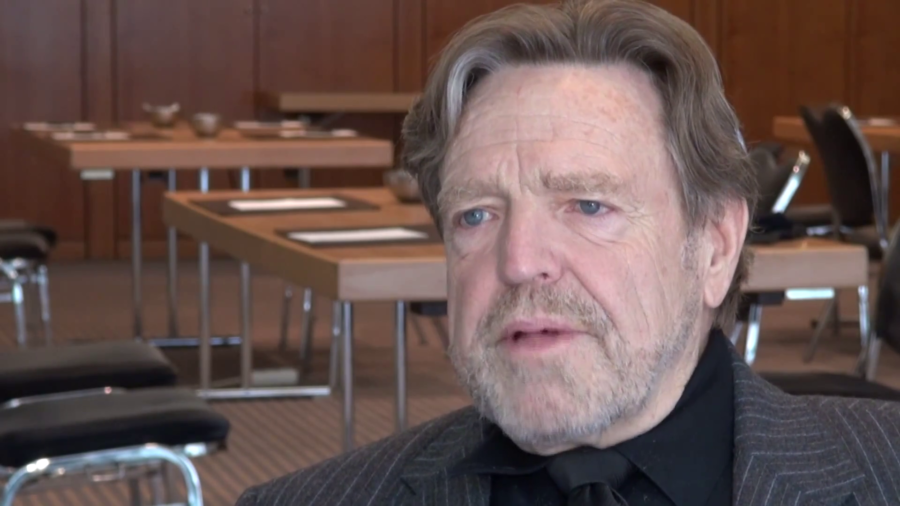My greatest hope, and the thing I’ve been working for most of my life now, is that it will realize itself as being something that makes it possible for anybody to know anything that they’re capable of knowing. Which I think is a wonderful thought. Or that it will make it possible for anybody that has something important that other people should hear to say it, without any fear of being shut up or coerced or that sort of thing.
Archive (Page 1 of 2)
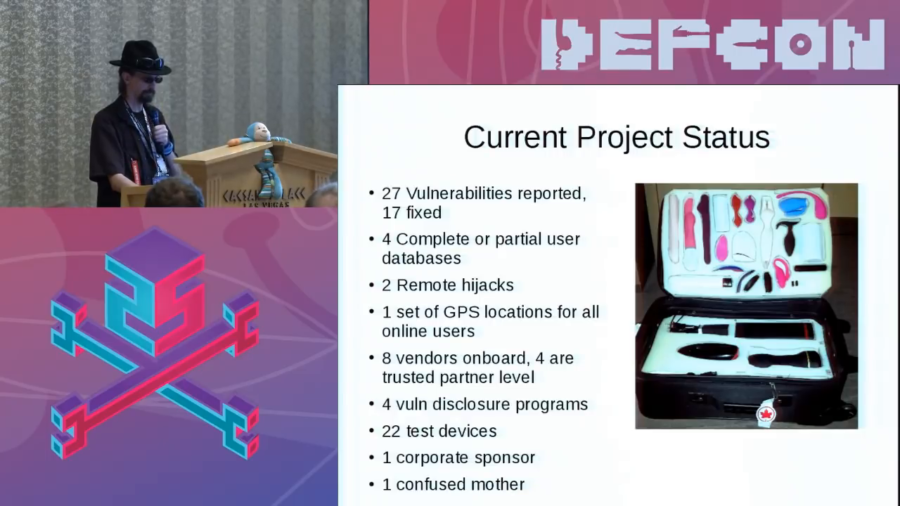
A large number of IoT research firms…yeah, they don’t want to look at this. Because there are stigmas around sex. We have a very weird thing in North America about sex. We’ll watch all the violence we want on television but you can’t see two people have sex.
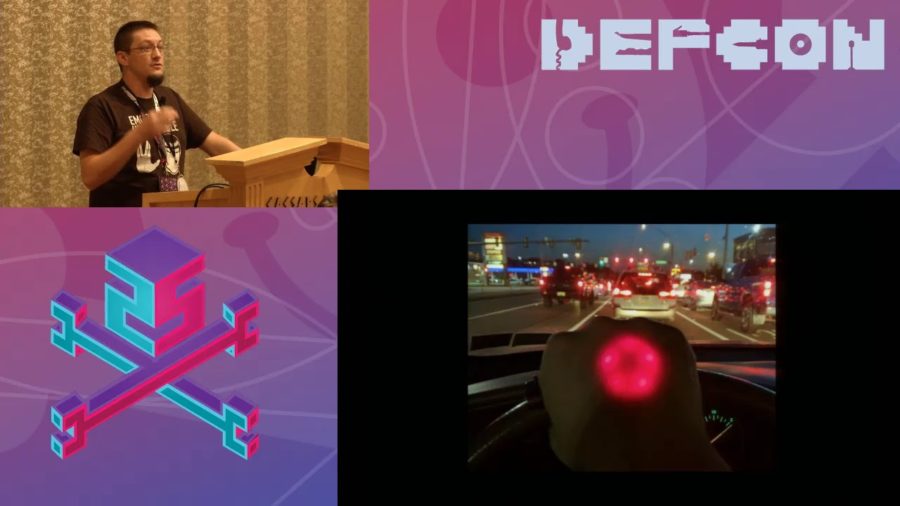
I think that we have a moral imperative to change the human being, given the fact that we are built so flawed and built for a time that we no longer live in. There’s a pretty pervasive belief that we kind of stopped evolving from the neck up. And that we don’t have behaviors that are actually stuck inside the human being, and ways in which we’re in this sort of evolutionary lockstep with what we used to be, and not what we are and what we’ve become.
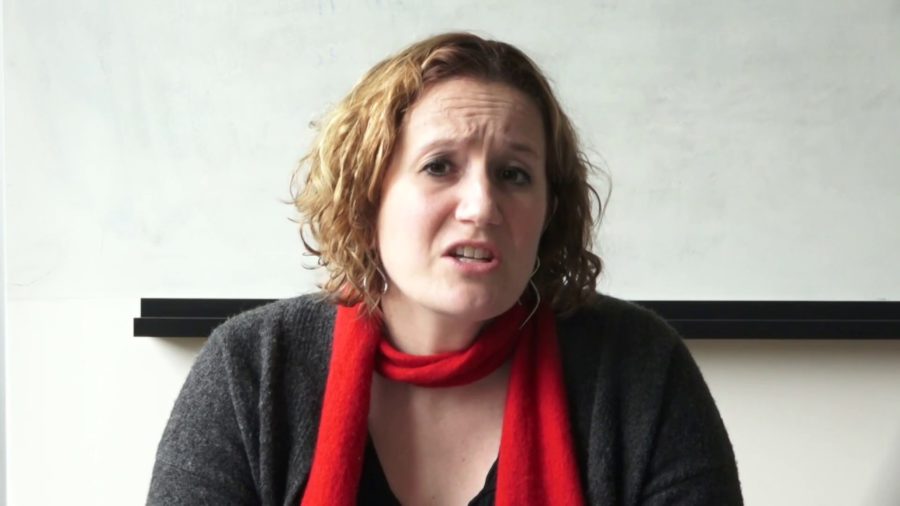
One of the challenges of building new technologies is that we often want them to solve things that have been very socially difficult to solve. Things that we don’t have answers to, problems that we don’t know how we would best go about it in a socially responsible way.
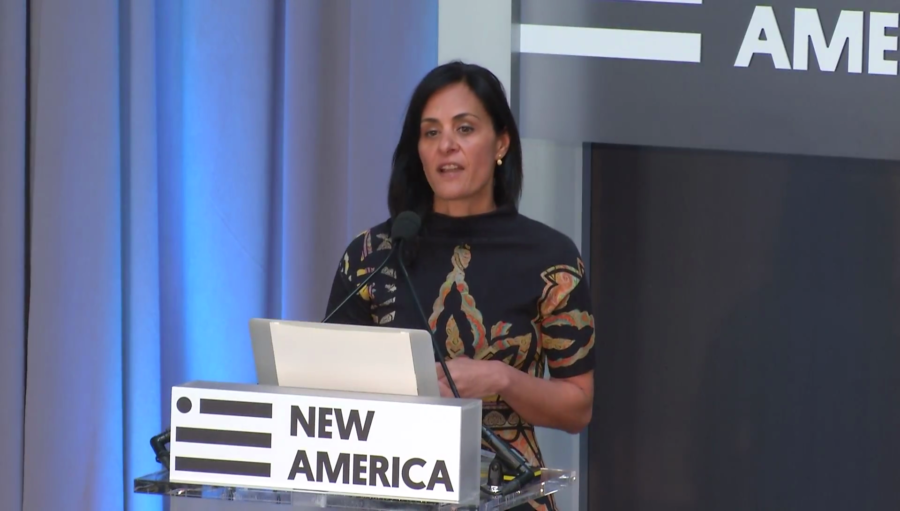
We have basically lost control over our network. All of the advances that have made our lives more productive, more accessible, more connected, have fundamentally disintermediated our ability to protect our environments. The democratization of information, of technology, of goods and services, of banking, of financial transactions with blockchain etc., means every aspect of our lives has become accessible and therefore vulnerable.
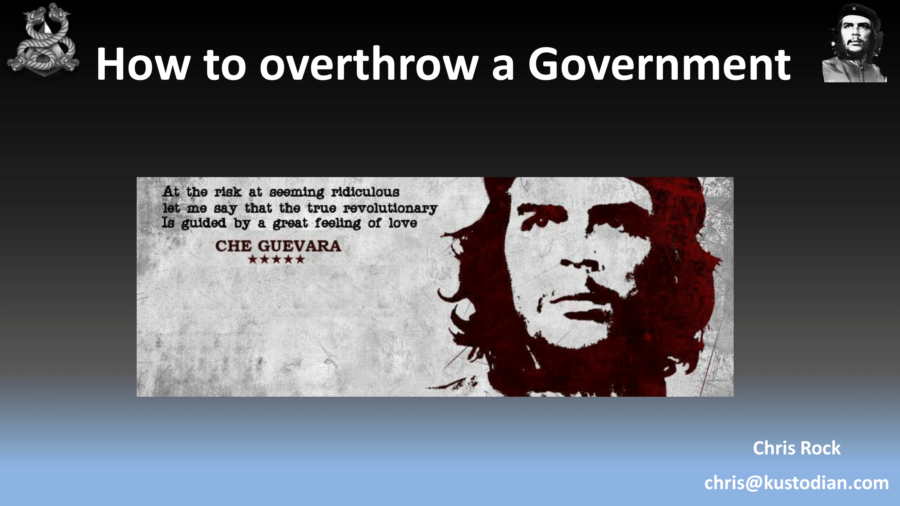
I don’t want to live in a world where ISIS is scarier than hackers, especially in 2016. We previously held the title in 2013, ’14, and ’15. And to be honest I was a little bit disappointed when I saw this result. So I thought I’m in my 40s now, there’s a lot of young hackers in the audience, and I’m not going to pass the baton to you guys unless we have that number one spot back in our pile.
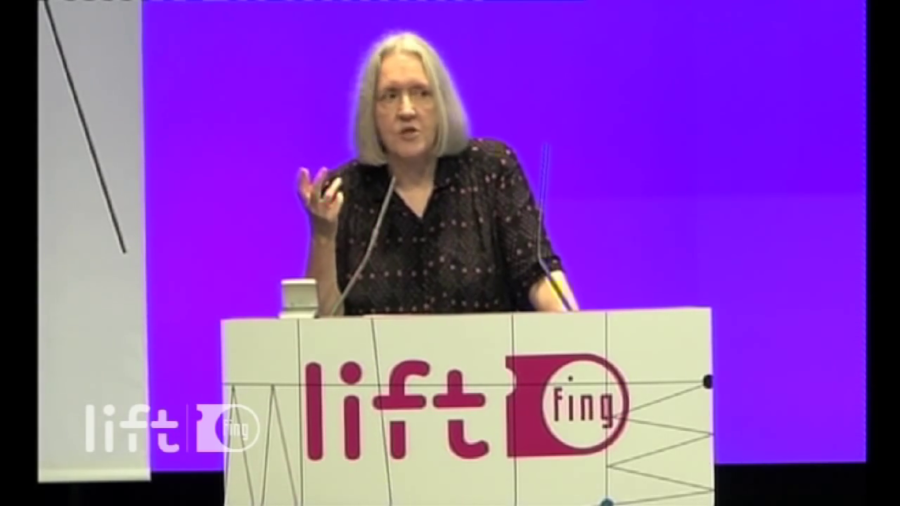
For me, the notion of urbanizing technology really is part of a larger sort of effort that I’ve been working on for a very long time. … [T]echnologies that enable interactive domains deliver, give, their technical capacities through ecologies that are more than just the technical capacity itself.
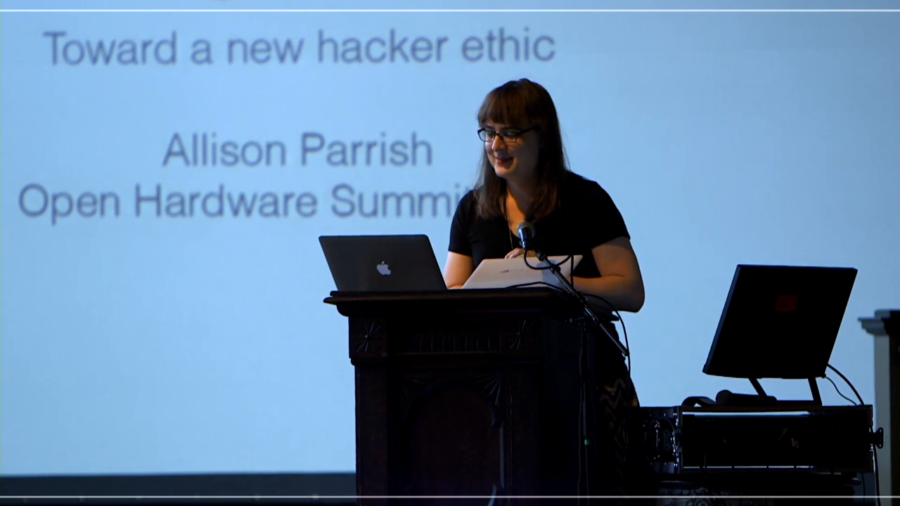
I wouldn’t be surprised to find out that many of us here today like to see our work as a continuation of say the Tech Model Railroad Club or the Homebrew Computer Club, and certainly the terminology and the values of this conference, like open source for example, have their roots in that era. As a consequence it’s easy to interpret any criticism of the hacker ethic—which is what I’m about to do—as a kind of assault.
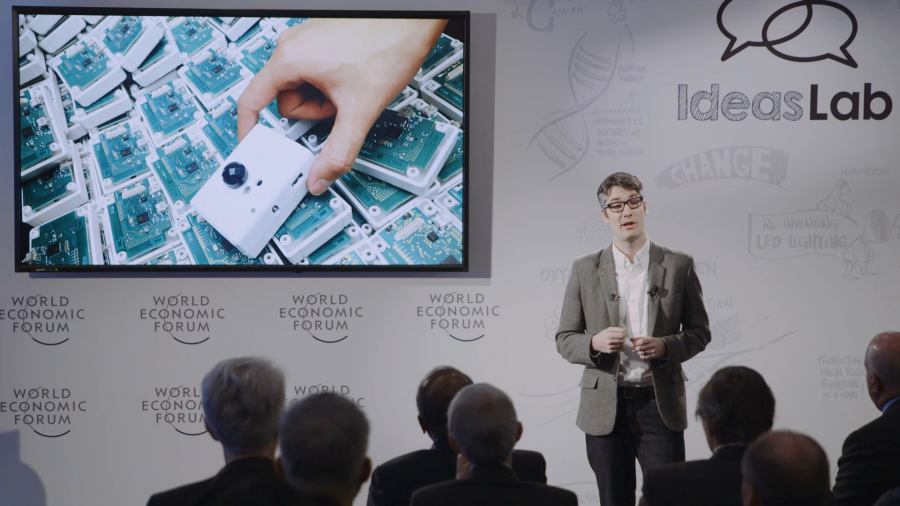
We all see the benefits of active safety systems in cars. But that same safety technology, if attacked, can actually allow you to immobilize a vehicle or even disable breaks while driving.

We have to be aware that when you create magic or occult things, when they go wrong they become horror. Because we create technologies to soothe our cultural and social anxieties, in a way. We create these things because we’re worried about security, we’re worried about climate change, we’re worried about threat of terrorism. Whatever it is. And these devices provide a kind of stopgap for helping us feel safe or protected or whatever.

